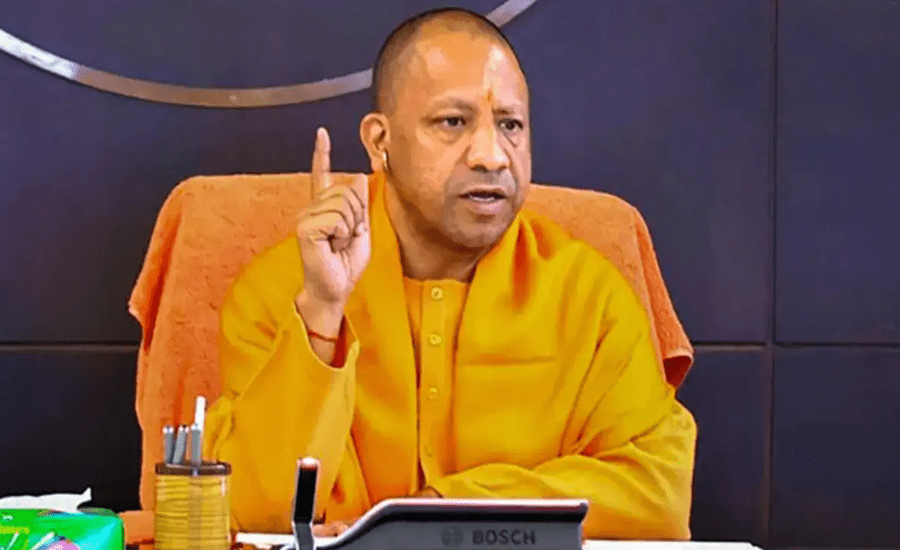The Uttar Pradesh government, under the leadership of Chief Minister Mr. Yogi Adityanath, has cleared a series of significant policy measures aimed at boosting exports, modernising employment systems, improving urban transport, and expanding higher education opportunities. The Cabinet meeting chaired by the Chief Minister approved 15 proposals that carry strong developmental and governance-focused outcomes.
Export Promotion Policy 2025-30: Strengthening Global Trade Footprint
The Cabinet approved the Export Promotion Policy 2025-30, an upgraded version of the earlier 2020-25 framework. The policy emphasises digital technology, financial support, export credit, insurance, infrastructure creation, and training. The goal is to raise the number of registered exporters by 50% by 2030, ensuring regional balance by linking all districts to export activity. The government expects the policy to enhance both the quality and volume of exports, positioning Uttar Pradesh as a major global export hub.
Outsource Service Corporation: Transparency and Employee Welfare
In a major labour reform, the state approved the creation of the Uttar Pradesh Outsource Service Corporation Limited. Established under Section-8 of the Companies Act, 2013, the corporation will function as a non-profit entity ensuring transparency in outsourcing.
Finance and Parliamentary Affairs Minister Mr. Suresh Khanna explained that the corporation will empanel agencies via the GeM portal, eliminating irregularities in honorarium and statutory benefits. Outsourced employees will now receive Rs. 16,000 to Rs. 20,000 per month directly in their bank accounts, along with EPF and ESI contributions. The policy also provides for maternity leave, social security, reservations for SC, ST, OBC, EWS, Divyangjan, ex-servicemen, and women, as well as funeral assistance of Rs. 15,000.
E-Bus Expansion for Modern Urban Transport
The Cabinet also approved the operation of electric buses on the Net Cost Contract (NCC) model in Lucknow and Kanpur. Urban Development Minister Mr. A.K. Sharma stated that 9-meter-long AC e-buses will operate on 10 routes each in both cities. The cost per route is estimated at Rs. 10.30 crore, including Rs. 9.50 crore for buses and Rs. 0.80 crore for charging infrastructure.
Private operators will manage financing, procurement, manufacturing, and maintenance of buses, while the government will regulate tariffs and facilitate infrastructure. This model is expected to ease financial burden on the state and improve the efficiency of urban transport.
Swami Shukdevanand University: Expanding Higher Education
Another milestone decision was the approval to establish Swami Shukdevanand University in Shahjahanpur by upgrading existing institutions of the Mumuksh Ashram Trust. The trust manages five educational institutions and owns 21.01 acres of land, with about 20 acres being allocated to the university. The initiative aims to expand higher education facilities and strengthen academic opportunities in the region.






























